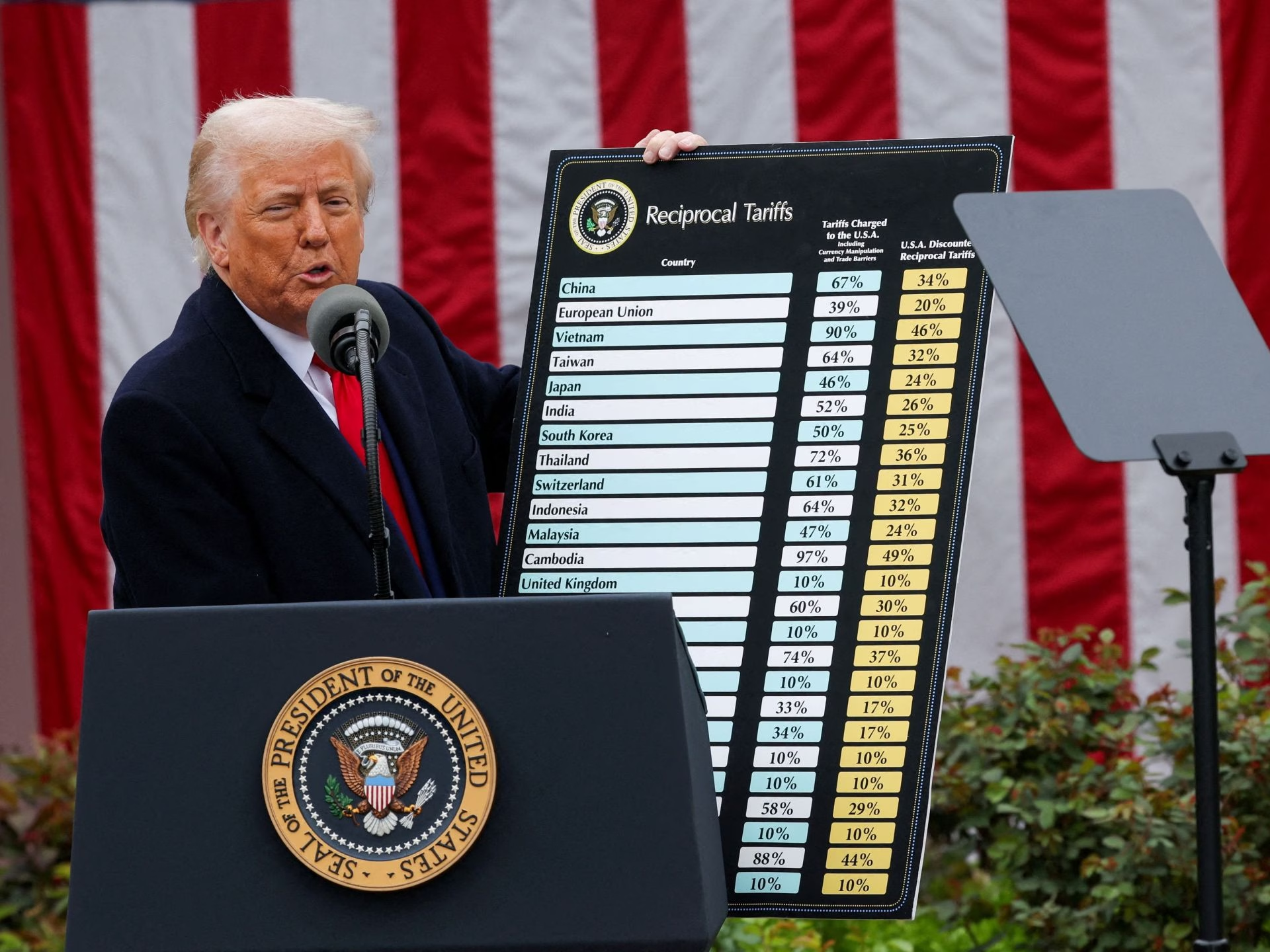On Monday, President Donald Trump declared an extensive 10% global baseline tariff on nearly all imports to the United States, celebrating this as the “Liberation Day” for the US economy. However, the policy’s protectionist nature is as strong as the People’s Liberation Army of China. If implemented, the tariffs will significantly harm the US economy, American consumers, and the country’s global reputation.
The 10% tariff is just the beginning; Trump’s efforts to protect the US economy include numerous tariffs that are much higher. For instance, he imposed a 25% tariff on all automotive imports, which took effect on his so-called “Liberation Day”. Although Trump claims this policy will revive the US manufacturing sector, there is no time to accomplish this at the speed required. The same high tariff on automotive parts will take effect in May. Consequently, automotive prices will surge, and supply chains will experience disruptions.
The US is the most car-dependent major economy; thus, a larger proportion of voters will be directly affected by this measure than in any other Western country. Trump’s March tariffs on Canada and Mexico—countries with whom the US is heavily integrated in terms of automotive manufacturing— have already caused disruptions. There is widespread anticipation that prices will increase.
However, this trend will not be limited to the automotive industry. Many US allies face increased tariffs as well. The European Union, for example, will face a 20% blanket tariff on its goods. Japanese exports to the US will be taxed at 24%, while those from Taiwan—whose supply of chips is crucial to the US technology industry—will be taxed at 32%. India and Vietnam, which have become major routes for US supply chains since Trump’s first administration, will face tariffs of 26% and 46%, respectively.
The US is not prepared to handle an inflationary shock. The country is still recovering from the last inflation shock caused by global supply chain disruptions during the COVID-19 pandemic. The impact of Trump’s tariffs on inflation will be felt soon, even as some members of his team claim there will be negotiations on lowering some of the tariffs.
Moreover, the question of trade liberalization has been a bipartisan issue, with the Republican Party having pushed the agenda forward in the past. The Republican Party’s stance has shifted since Trump took control eight years ago, making it difficult to achieve a two-thirds majority against Trump’s tariffs in Congress.
The economic costs of Trump’s actions will soon become apparent. However, as resistance to his policies grows, it is essential to persuade those in Congress to challenge his economically destructive plans.
In conclusion, although President Trump hails his policy as “Liberation Day” for the US economy, the high tariffs will ultimately harm American consumers and create economic turmoil.
Source: https://www.aljazeera.com/opinions/2025/4/3/american-consumers-set-to-be-the-biggest-losers-in-trumps-trade-wars?traffic_source=rss







